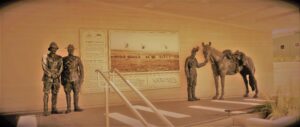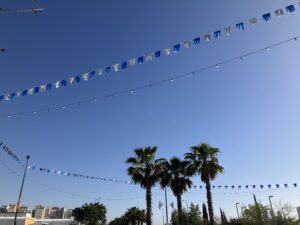“But Saul kept increasing in strength and confounding the Jewish people who lived at Damascus by proving [symbibazō] that this Jesus is the Christ” (Acts 9:22).
Many years ago, a family member told me on his death bed that I was terribly mistaken about Jesus, and assured me that when he was better, he would prove to me from the Jewish Scriptures that Jesus cannot be the Messiah. I’m sad to say, this conversation never took place, but his challenge has remained with me all these years. The battle for and/or against our faith is over the correct interpretation of the Old Testament, and that’s exactly why believers cannot afford to neglect a reading plan that includes the entire Bible. The word used for “proving” (symbibazō) means “to bring together, to unite” (see Eph 4:16; Col 2:2, 19), and points to a type of argumentation wherein Saul draws together all the facts from the Tanakh (the Torah, the Prophets, and the Writings) to demonstrate his case. It is my strong conviction, and has also been my personal experience that the more time we spend carefully meditating on the Old Testament, the more we (like Saul) will “keep increasing in strength.” And don’t let anyone ever make you believe that your faith that Jesus is Messiah is a result of not being able to read the Old Testament in the original Hebrew. For me and a growing number of Israelis, reading the Bible in the original language is the very reason we believe that Jesus is the promised Messiah!
“Now these were more noble-minded than those in Thessalonica, for they received the word with great eagerness, examining the Scriptures daily to see whether these things were so” (Acts 17:11).











